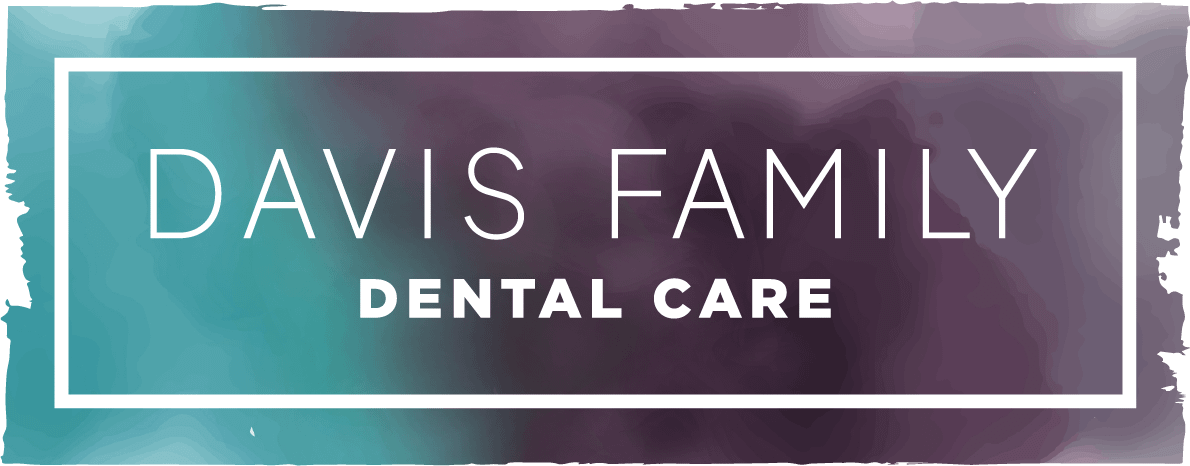How a Custom Mouthguard Could Help TMJD, Bruxism, and Sleep Apnea

A custom mouthguard can help you in surprising ways.
When you think of mouthguards, you likely picture the protective oral devices that are often worn to protect teeth and gums from injury during contact sports. There’s good reason for you to think of this type of mouthguard first—even if you don’t play a contact sport yourself, you’ve likely seen other people wearing them on TV during football games or hockey matches.
It might surprise you, however, to learn that this isn’t the only type of mouthguard out there or the only purpose that mouthguards can serve. They have quite a bit of variety, allowing different types of mouthguards to treat a range of issues including TMJD, otherwise known as temporomandibular joint disorder, bruxism, and even sleep apnea.
But what are these conditions, and how can something as simple as a custom mouthguard help treat them? We know finding the answers to these questions isn’t always simple, so we’ve put together a guide to help you understand each of these conditions and the role that mouthguards can play in the treatment process.
What is TMJD?
Temporomandibular joint disorder is an umbrella term for a condition that affects the joints, muscles, nerves, or ligaments of your jaw, impeding its ability to function well. This often causes spreading inflammation or leads to the muscles nearby working harder than they should to pick up the slack, which can cause a range of symptoms throughout your body, including:
- Jaw pain.
- Sore or tense muscles in your jaw, neck, shoulders, or back.
- Earache.
- Dizziness.
- Tinnitus.
- Difficulty chewing or opening your mouth.
- Lockjaw, where the jaw locks in place.
- Frequent headaches or migraines.
What is bruxism?
Bruxism is simply a fancy term for when you habitually clench or grind your teeth. This habit is often unconscious, and you may even do it \in your sleep without even realizing it. It has a range of causes, including stress, anxiety, or a misaligned bite. It has also potentially been linked to sleep apnea for some people. Bruxism risks injuring your teeth through chips, cracks, breaks, and by wearing them down over time, but the habit can cause other symptoms, including:
- Toothaches.
- Tooth sensitivity.
- Painful damage to the inside of your cheeks.
- Enamel erosion.
- Lockjaw.
- Jaw pain.
- Popping, clicking, or grinding sound with jaw movement.
- Sore or tense facial muscles.
- Frequent headaches.
What is sleep apnea?
Sleep apnea is a sleep disorder that causes you to stop breathing repeatedly throughout the night. To restart your breathing, your body wakes you up slightly—you may not even remember it, but this disruption to your sleep cycle is enough to leave you feeling exhausted even after a full night’s sleep. Undiagnosed sleep apnea increases your risk of developing major health issues like heart disease, diabetes, high blood pressure, stroke, and more. With such a huge impact on your health, sleep apnea causes many symptoms, including:
- Snoring or gasping sounds during sleep.
- Fatigue.
- Difficulty concentrating.
- Insomnia.
- Waking up with headaches.
- Changes in mood, like increased depression, anxiety, or irritability.
- Dry mouth or sore throat in the mornings.
How can a custom mouthguard help treat these conditions?
Even though these conditions have some symptoms in common, they’re still very different—especially when it comes to what causes them. Because of this, you might be wondering how a custom mouthguard can resolve each of these conditions. The answer is that different types of mouthguards are each designed to treat a specific condition.
Mouthguard for TMJD
A mouthguard, also sometimes called an occlusal splint, can be used to improve jaw pain and other symptoms caused by TMJD by holding your jaw in an ideal position. This position keeps your jaw relaxed, preventing muscle tension and soreness. Keeping it in this relaxed position also helps prevent habits like bruxism, which is a common cause of jaw pain. These custom mouthguards are often worn at night, but occlusal splints can also be designed to be worn during the day.
Night guard for Bruxism
You can also wear a night guard to sleep to protect your teeth against habitual clenching or grinding. They create a barrier between your teeth, taking pressure off your teeth and cushioning the muscles of your jaw. This prevents the dental injuries and muscle soreness that are so common with bruxism, helping you keep your teeth strong and healthy for a lifetime. Since they’re designed to be worn primarily to sleep, these custom mouthguards are made with comfort in mind.
Snore Guard for Sleep Apnea
Did you know that the position of your jaw impacts how open your airway is? Snore guards help decrease snoring and treat sleep apnea. Like the mouthguards used in TMJ treatment, snore guards determine the ideal position for your jaw—one that relaxes your jaw while keeping your airway as open as possible—and then gently holds your jaw in that position as you sleep.
This often helps people with mild to moderate obstructive sleep apnea to breathe more easily, noticeably improving or even relieving their symptoms. It’s important to work with both your sleep specialist and dentist when you’re looking into this option, though, as sleep apnea is a serious condition that needs to be treated to keep you healthy in the long term.
Why are custom-made oral devices more effective than over-the-counter options?
As you begin researching mouthguards, you’ll likely find that there are over-the-counter options to help treat these issues. These options often come with lower upfront costs, so it’s natural to wonder what sets custom-made oral devices apart. Many factors set custom mouthguards apart from their over-the-counter equivalents, but the biggest ones are fit and comfort.
When you buy an over-the-counter mouthguard, you usually boil it to soften the plastic and then mold it to the shape of your teeth. Once the mouthguard has been shaped, it might still come up too high on your gums and rub on them. You’ll need to use special tools to shape your mouthguard to eliminate or lessen this problem. An imperfect fit might also mean that it doesn’t stay in place as well as it should.
In contrast, a custom mouthguard is designed to fit your teeth and mouth perfectly. It shouldn’t rub against your gums or move around in your mouth. If it’s designed to hold your jaw in a specific position, for example, to improve sleep apnea or TMJ symptoms, then that is the ideal position for you. This incredibly accurate fit makes them both more comfortable and more effective, providing better protection for your teeth or relief from your symptoms.
Additionally, custom mouthguards are often made from higher-quality materials and can be made at varying thicknesses to match your needs. If you clench or grind your teeth very hard, your dentist can ensure that your custom mouthguard is made thicker to help it last longer and protect your teeth better.
A custom mouthguard can save you money in the long run because it prevents you from repeatedly buying and burning through short-lived over-the-counter mouthguards. For many people, these benefits are significant enough to make it worth exploring custom mouthguards as an option with their dentist.
Davis Family Dental Care is your partner in oral health.
Mouthguards sound simple on the surface, but they can help significantly improve several conditions that can cause a range of symptoms. This means that they can improve not just your oral health, but your overall health as well. If you’d like to learn more about how a custom mouthguard might help you from a dentist in Bedford, TX, feel free to schedule an appointment with us at any time.
